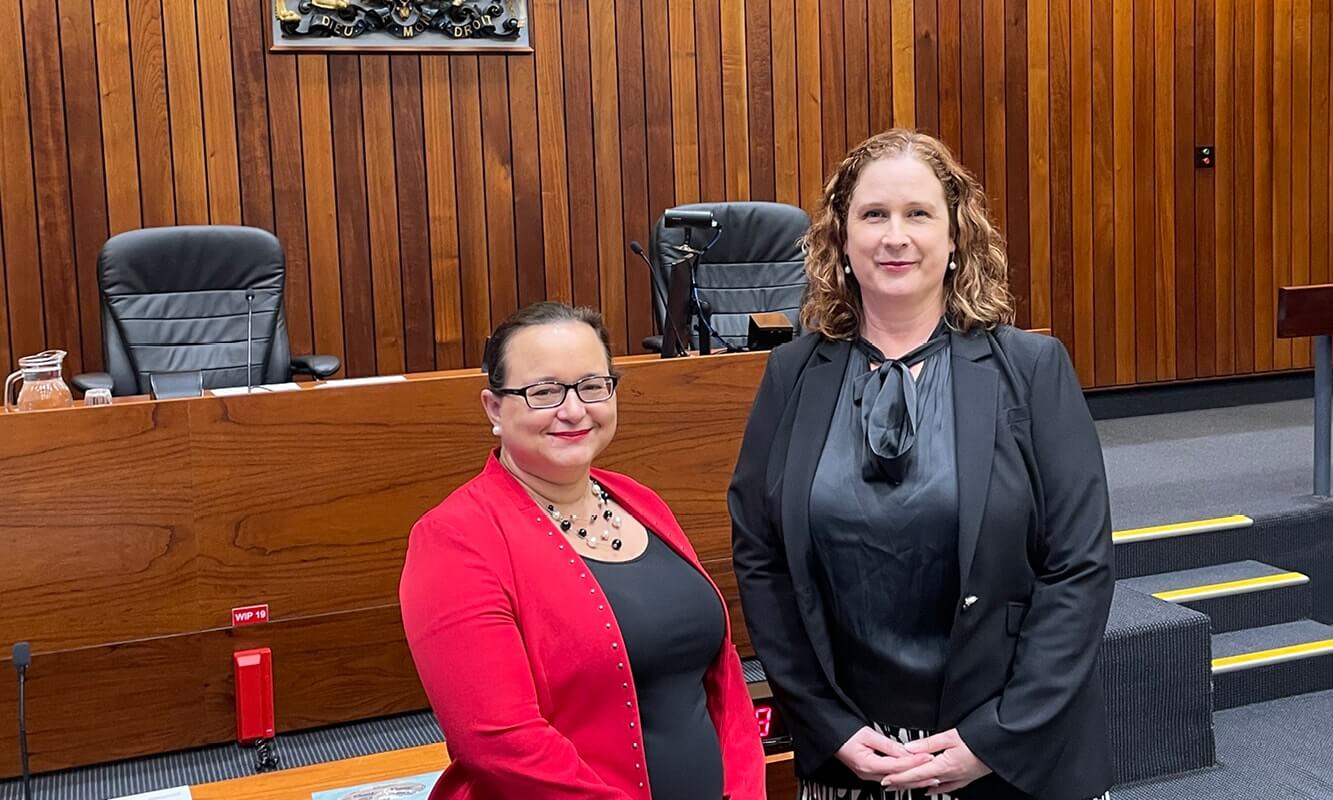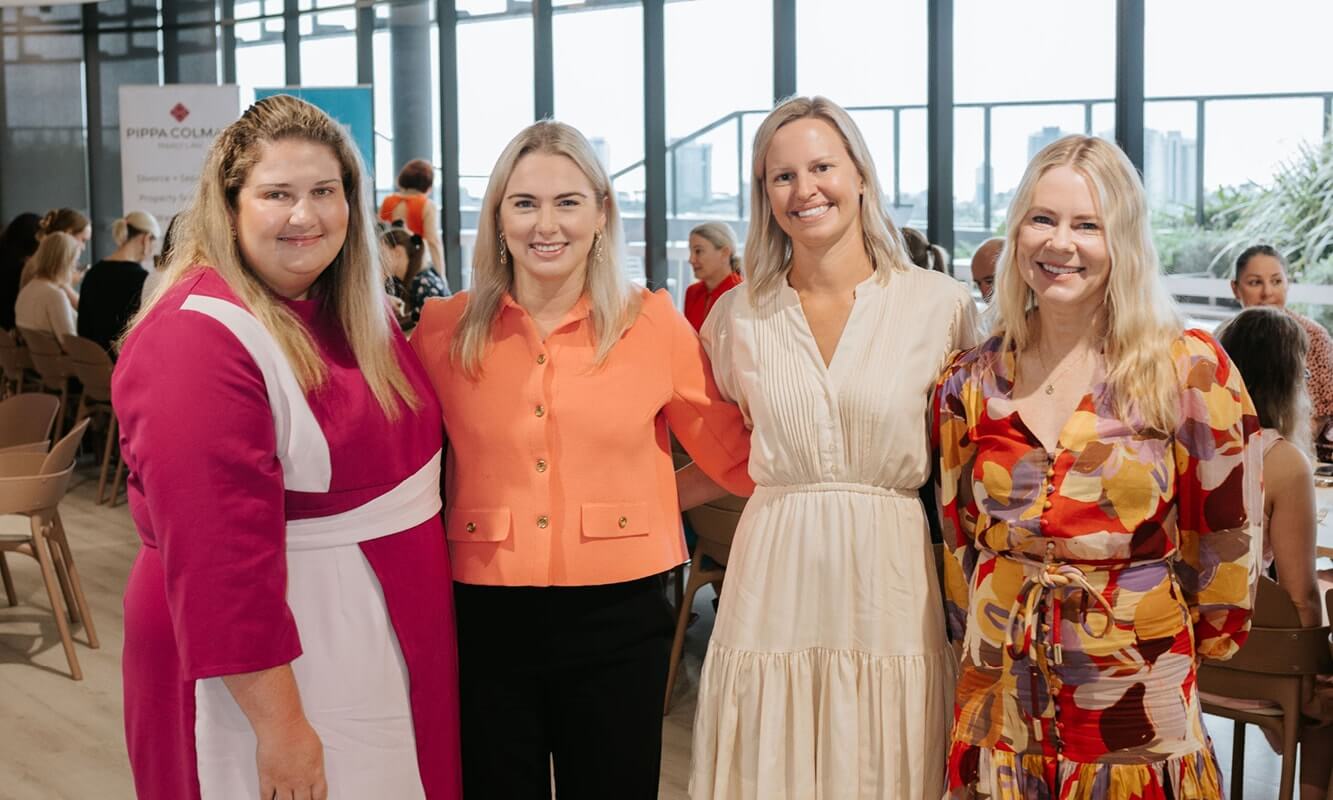Over the last decade, the Queensland Law Society’s Access to Justice Scorecard has collated the legal profession’s insights into Queenslanders’ access to justice.
Since then, survey “responders have scored access to justice in Queensland consistently in the range of 5” (out of 10). The survey has found that the key areas that support access to justice are the quality and scope of legal assistance, pro bono, and improvements in technologies. Yet, at the coalface, the legal profession has since seen “minimal impact on access to justice in Queensland”.1
Unsurprisingly, the Scorecard has identified increased resourcing and availability of publicly funded legal services as the factor that would most significantly improve access to justice. The reality is that we will never have enough public resources to fund free legal services for everyone who needs them.
Everyday life problems, like insecure housing, unpaid wages, and debt, will continue to compound social and economic challenges unless we collectively find innovative ways to first help people identify legal problems, and then find quality free and affordable legal supports to resolve them.
Research findings demonstrate that “there is a global shift from ‘top-down’ access to justice policy focused on formal processes”, and “reinforce the importance of ‘bottom-up’ access to justice policy: service design that starts and ends with the needs and capabilities of users”.2
Redesigning a legal system that was created by legal minds for legal minds will ultimately require us to address the needs and capabilities of other users – ‘everyday people’, who are increasingly expected to access justice with little or no formal legal assistance.
In January 2021, Everyday Justice was launched as a philanthropic initiative of Mills Oakley,3 based on extensive research on strategies to make civil legal services more accessible for the Australian missing middle, including through the use of ‘low bono’ law firms.4
Everyday Justice is a charitable law firm with two very specific objects – to provide access to justice for the Australian missing middle, and to advance education. Its objectives and service delivery model focus on better enabling two key user groups to meaningfully participate in the legal system – individuals who cannot access Legal Aid or other government-funded services, and members of the legal profession.
Everyday Justice’s services are designed to fill a gap in free and affordable legal supports, be easy to navigate with ‘non-legal’ branding and accessible entry points for a nationally operating legal practice. Everyday Justice is committed to using technologies to support truly accessible services, including for people living with disabilities, older people, and those in rural or remote communities. This commitment has allowed Everyday Justice to provide quality legal advice and representation to over 700 clients on a national scale, despite the barriers posed by COVID-19 restrictions.
Operating a national internship program, Everyday Justice has partnered with the College of Law to set up a holistic training environment for law graduates seeking to practise in social justice law. The program offers well-structured and supported opportunities for Practical Legal Training students and junior lawyers to get hands-on experience, while doing meaningful community legal work.
It supports an ongoing pro bono commitment within the legal profession, and a better understanding of the needs and capabilities of the missing middle when accessing the legal system.
Existing within Mills Oakley’s infrastructure but operating as a separate law firm staffed by social justice lawyers, Everyday Justice creates pro bono and professional development opportunities in expanded practice areas, benefiting legal teams and clients who can indirectly access the expertise of a leading Australian law firm.
Now in its second year of operation, Everyday Justice is committed to creating a pro bono scheme specifically designed for in-house legal teams. The scheme will aim to unlock the latent capacity and desire of corporate lawyers to undertake pro bono work in a supportive environment.
Access to justice is a complex concept, with many definitions, elements, perspectives, purposes, and approaches to it. As a legal profession, our role is to cut through that complexity by remembering that access to justice simply is what makes the legal world useful for ordinary folks – we know it when we see it.
Help shape the future of access to justice for Queenslanders. Have your say today in the Access to Justice survey – it takes just five minutes.
Raquel Dos Santos is a Managing Lawyer at Everyday Justice.
Footnotes
1 Access to Justice Scorecard, (2021), Queensland Law Society.
2 Balmer, NJ, Pleasence, P, Hagland, T, & McRae, C (2019). Law…What is it Good For? How People see the Law, Lawyers and Courts in Australia. Melbourne: Victoria Law Foundation.
3 everydayjustice.com.au.
4 The author acknowledges Amy Burton’s extensive research at Georgetown University in Washington DC on practical strategies to improve access to justice for the ‘missing middle’, which significantly contributed to the creation of Everyday Justice. Any deficiencies in this article are of course the author’s only.














One Response
Brilliant initiative, looking forward to seeing the impact in makes to the community! Also keen to hear more about the pro bono scheme specifically designed for in-house legal teams once it is up and running.